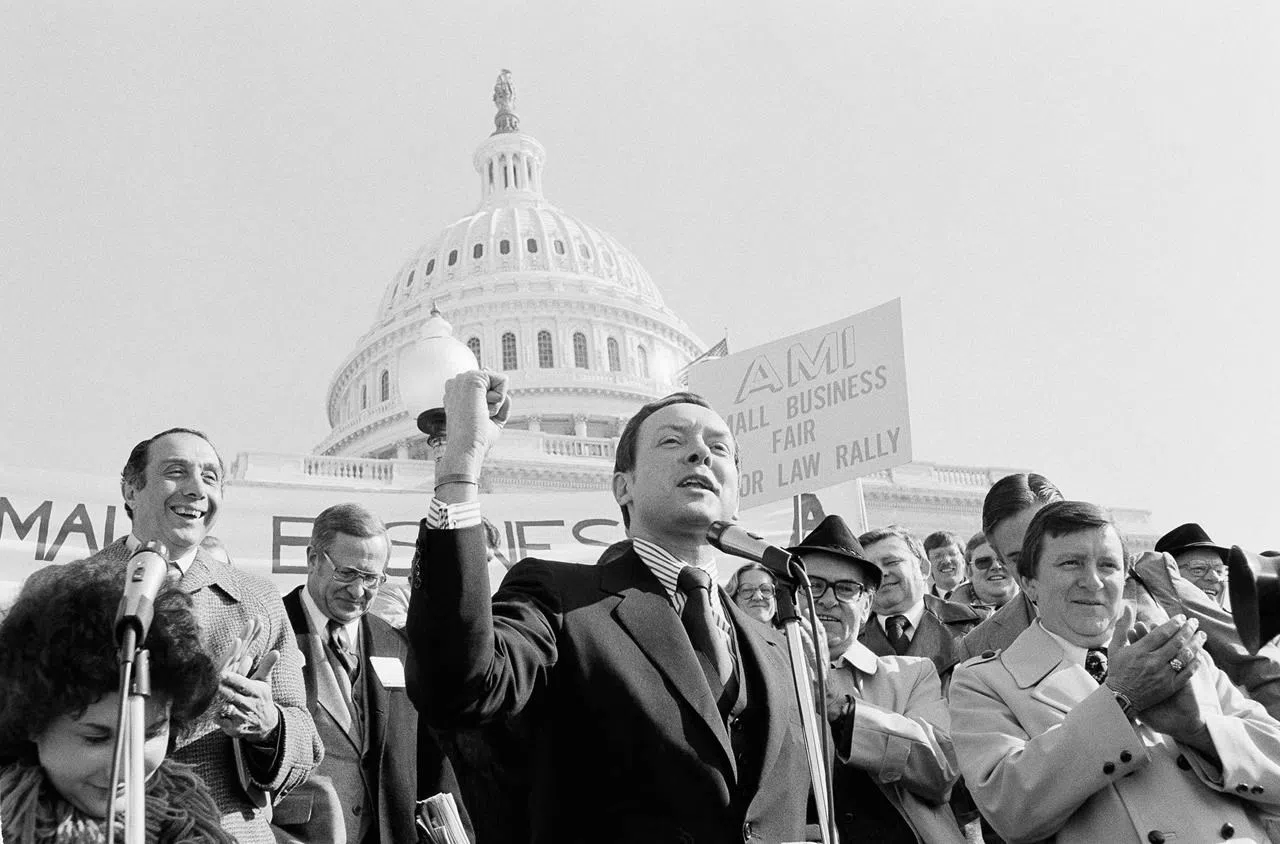
Orrin Hatch ends 4-decade Senate run as unique GOP voice
SALT LAKE CITY — Orrin Hatch ended his tenure Thursday as the longest-serving Republican senator in history, capping a unique career that positioned him as one of the most prominent conservatives in the United States.
The departure of the vocal supporter of President Donald Trump ushers in another outsized Utah voice with a very different take on the president: Mitt Romney, whose renewed criticism of Trump is already making waves. Romney was sworn in to the U.S. Senate seat from which Hatch is retiring after four decades and at the height of his power.
A staunch conservative who wasn’t afraid to cross the aisle, Hatch teamed with Democrats to pass the Americans with Disabilities Act and the Children’s Health Insurance Program for low-income kids. He also championed GOP issues like abortion limits and played a major role in shaping the U.S. Supreme Court, including defending Clarence Thomas against sexual harassment allegations during confirmation hearings.
In recent years, the 84-year-old helped pass a federal tax overhaul, pushed for Trump’s divisive decision to downsize two national monuments in Utah and called for a return to an era of political civility.


